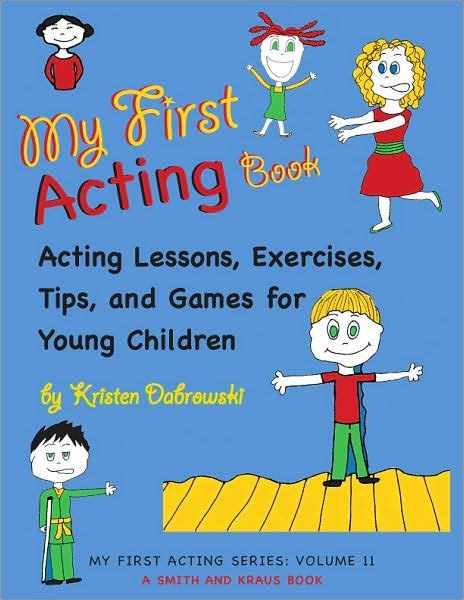How to Act Better for Kids: A Guide for Parents and Caregivers
It's a common parental struggle: How do you model positive behavior for your kids when you're feeling stressed, tired, or just plain human? This guide offers practical advice on improving your behavior and creating a more positive home environment for your children. We'll explore strategies focusing on self-awareness, emotional regulation, and proactive parenting.
Understanding the Importance of Role Modeling
Children learn primarily through observation and imitation. Your actions, both positive and negative, significantly impact their development. Modeling good behavior isn't just about avoiding bad habits; it's about actively showcasing the behaviors you want your children to adopt. This includes everything from how you handle conflict to how you express your emotions.
The Ripple Effect of Positive Actions
When you act with kindness, patience, and respect, your children are more likely to mirror these behaviors. Conversely, if you consistently display anger, frustration, or negativity, they'll likely adopt those patterns as well. The impact of your actions extends beyond your immediate family; it shapes their interactions with peers, teachers, and the wider community.
Practical Strategies for Better Behavior
Acting "better" isn't about becoming perfect; it's about striving for consistent improvement. Here are some practical strategies:
1. Self-Awareness: Recognizing Your Triggers
The first step to improving your behavior is understanding your triggers. What situations, emotions, or thoughts cause you to react negatively? Keeping a journal can help you identify patterns and anticipate challenging moments. Identifying your triggers allows you to develop coping mechanisms before you reach your breaking point.
2. Emotional Regulation: Managing Your Reactions
Once you understand your triggers, you can develop strategies to manage your emotional responses. Deep breathing exercises, mindfulness techniques, and physical activity can help you calm down when you feel overwhelmed. Consider professional help if you consistently struggle with emotional regulation.
3. Proactive Parenting: Setting Clear Expectations
Clear expectations and consistent discipline are crucial for a positive home environment. Establish clear rules and consequences, and ensure your children understand the reasons behind them. Positive reinforcement, rewarding good behavior, is often more effective than punishment.
4. Seeking Support: Don't Be Afraid to Ask for Help
Parenting can be challenging, and it's okay to ask for help. Lean on your partner, family, friends, or support groups. Consider professional counseling if you're struggling to manage your behavior or your child's behavior.
Building a Positive Family Environment
A positive family environment fosters healthy development in children. Here's how to nurture that atmosphere:
- Spend quality time together: Engage in activities your children enjoy.
- Practice active listening: Truly hear what your children are saying.
- Show empathy and understanding: Put yourself in their shoes.
- Encourage open communication: Create a safe space for them to share their thoughts and feelings.
- Celebrate successes, big and small: Acknowledge their accomplishments.
Conclusion: The Journey to Better Behavior
Improving your behavior for your children is an ongoing process, not a destination. By focusing on self-awareness, emotional regulation, and proactive parenting, you can create a positive and supportive home environment that benefits everyone. Remember, you are your children’s most important role model. Strive for progress, not perfection, and celebrate your successes along the way.
